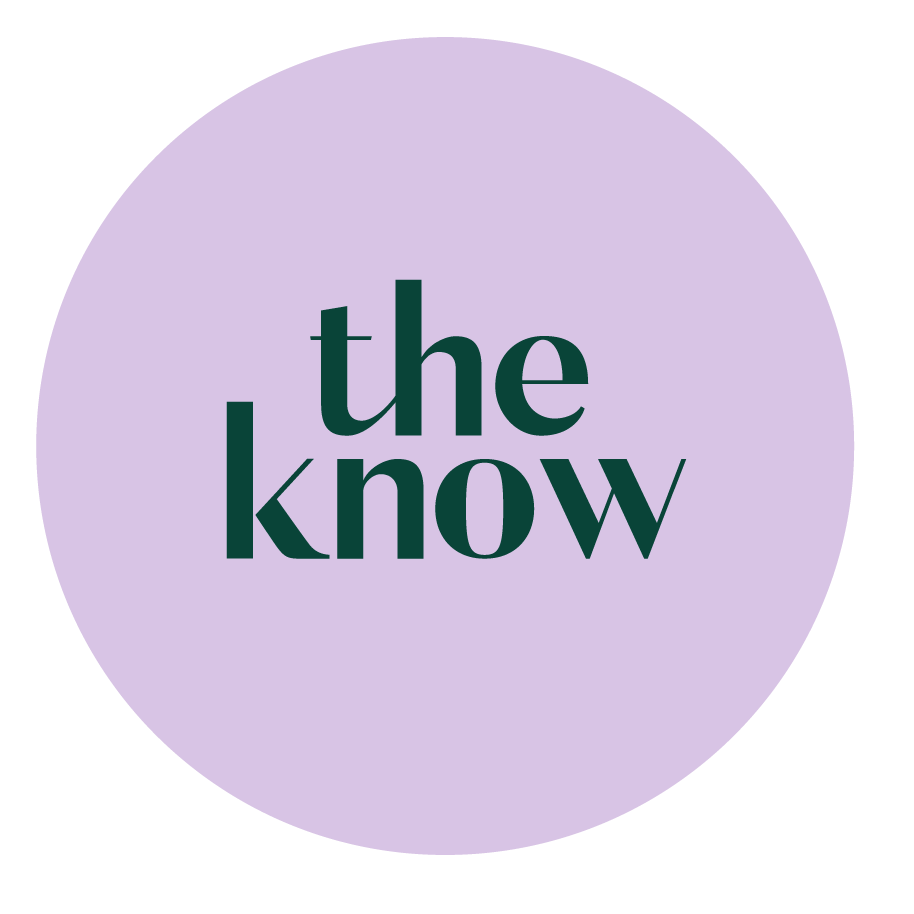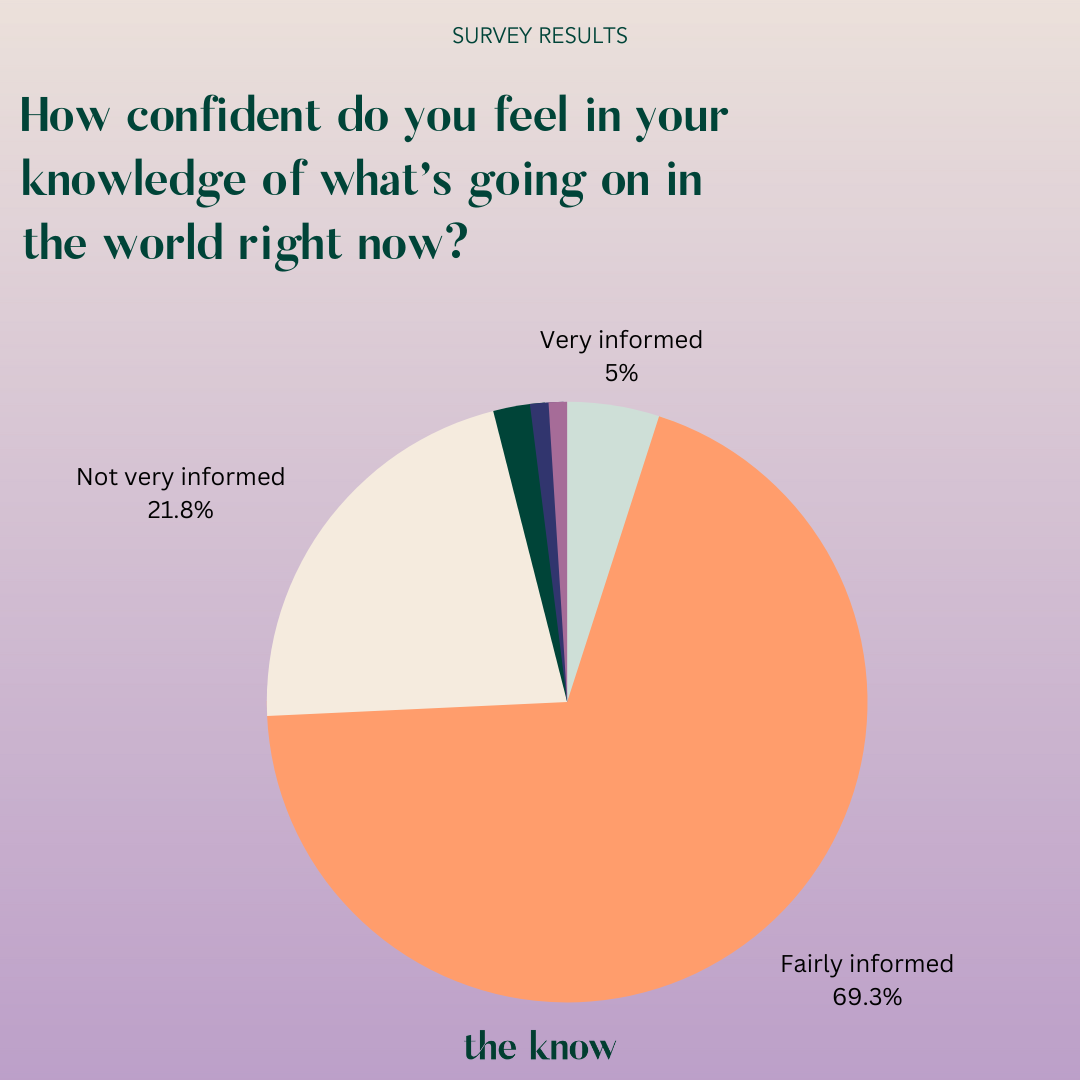How does the news affect our mental health?
At the beginning of May, we asked you - our wonderful readers - to fill out a short survey ahead of Mental Health Awareness Week.
As a media startup with a mission to inform people about what’s going on in the world, we wanted to understand more about how keeping up with current affairs impacts your wellbeing
We were thrilled to receive 649 responses, all of which have helped us better understand your relationship with the news and how we can deliver our content in as thoughtful a way as possible.
We learned that:
80% of you (519 people) think that following the news has negatively affected your mental health in the past. 8% of you (53) said that it hasn’t.
83% of you (536 people) have had to actively switch off from the news in order to protect your mental health. 14% (88) haven’t.
Just 5% of you (33 people) feel very informed about world events.
71% of you (461 people) have had to weigh up staying informed with protecting your mental health.
Why people are switching off from the news
One of the key reasons for news avoidance is mental health. Numerous studies have found a link between doomscrolling - the act of compulsively surfing through bad news - and poor mental and physical health.
Many of you told us that protecting your wellbeing is a key reason for limiting or avoiding following the news:
Another key reason people switch off from the news is down to the polarisation of politics, as well as a lack of trust in the media.
A Reuters report carried out last year found that trust in the news had fallen in almost half of the 46 countries surveyed - and we saw this trend reflected in your feedback:
You also told us that you often feel helpless to do anything to make the world a better place after watching the news - and this in turn leads people to switch off from current affairs:
How to feel better about the news
With all this in mind, we wanted to share four key ways to improve your relationship with the news.
Think about how much news you consume and when - and definitely stop doomscrolling!
Doomscrolling, much like online shopping or biting your nails, can become a compulsive habit. We know firsthand that this is much easier said than done, but setting limits and boundaries when it comes to keeping up with the news is really important.
Going on a timeline cleanse and unfollowing accounts which make you feel bad is a great place to start, as is turning off push notifications for news channels.
If you know that watching the news in the evenings leaves you feeling unsettled before going to bed, opt for a novel or sleep-inducing podcast instead (check out our newsletters for recs!).
Channel the energy elsewhere
Every time you feel the urge to kill time by doomscrolling, make a conscious effort to do something else. This could be reading, painting, hopping on Duolingo or doing a crossword puzzle - whatever floats your boat!
Sometimes, we end up doomscrolling because we feel guilty if we don’t keep up with the latest news - like we’re bad citizens, or not interested in what’s going on in the world. But making the active decision to consume news differently is actually empowering, as it leaves us feeling better in ourselves and more able to engage with the world around us.
Volunteering for a local conservation group or food bank, for example, can be a wonderful way to kick the doomscrolling habit and counter the feelings of helplessness that inevitably creep in.
Make space for positive news too
If you find that your daily news intake is getting you down, make more space for positive news.
The unavoidable reality is that there are lots of bad things going on in the world, and it’s often important to know about them. At the same time, it’s crucial to remember that there are lots of wonderful things happening, too - it’s just that we don’t hear about them enough. Check out our list of 100 good news stories from 2022 to get a flavour!
Leave it to us!
It’s shameless self-promo, we know - but it’s our job to work through the news and bring you a weekday digest that’s concise, informative and hopeful.
We get up early each morning to provide free and impartial journalism because we want to help you stay informed and feel hopeful about the world. When we read your responses to our survey, it was incredibly special to learn just how many of you resonate with The Know’s mission.











